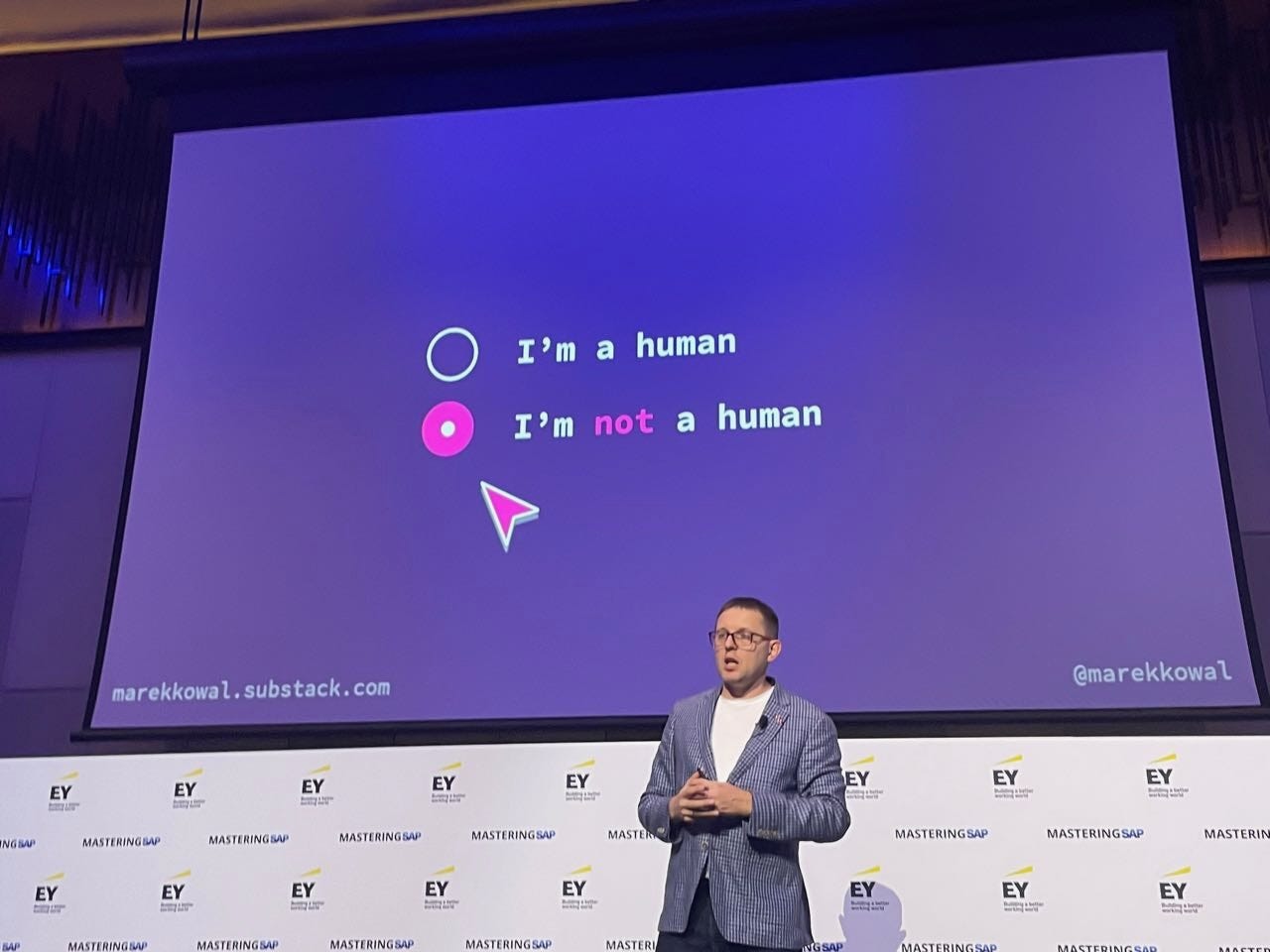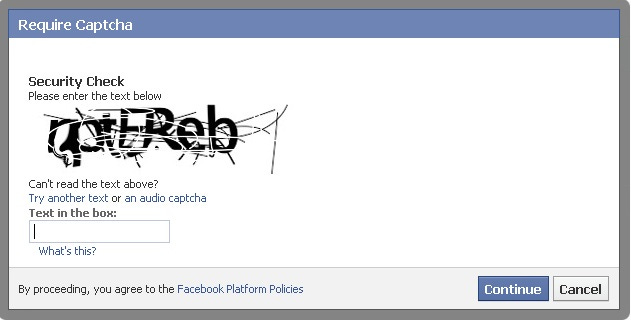CAPTCHAs were designed to be the Internet’s bouncers, keeping robots at bay. But now, it’s the humans getting stuck at the door while algorithms waltz right in.
CAPTCHA, an acronym for “Completely Automated Public Turing test to tell Computers and Humans Apart”, entered the digital stage in the late nineties. The term was coined 20 years ago, in 2003.
For the first few years, captchas successfully kept the bots at bay. And then, a new business model emerged: companies offering captcha-solving services to bots. Bots that were unable to solve captchas could hire humans to crack them.
Fast forward to today, and the golden days of working-for-bots-to-solve-captchas are over.

A working paper published a few weeks ago revealed a surprising result: modern bots outperform humans at solving CAPTCHAs. In a test across over 100 websites, with algorithms and 1400 human participants in the ring, bots solved CAPTCHAs with an 85%-100% accuracy rate. Meanwhile, humans struggled, with performance ranging from 50-85%. When faced with a CAPTCHA, bots were nearly flawless, while humans stumbled!
But wait, there’s more. A staggering 30% of the human participants abandoned the study before solving the CAPTCHA. Even the lure of payment couldn’t overcome the frustration of these digital bouncers.
CAPTCHAs have lost their edge, becoming useless against modern bots and alienating human users. So what’s next? Should we get more creative at devising tests that bots can’t yet pass? Or is it time to re-imagine how we distinguish between man and machine online?
Most users and businesses would prefer to keep humans and bots apart. Ask anyone who tried to buy Playstation 5 or book a Yosemite campsite.
Whoever comes up with a successor for CAPTCHA stands to be appreciated by humans and businesses. And hated by bots.


